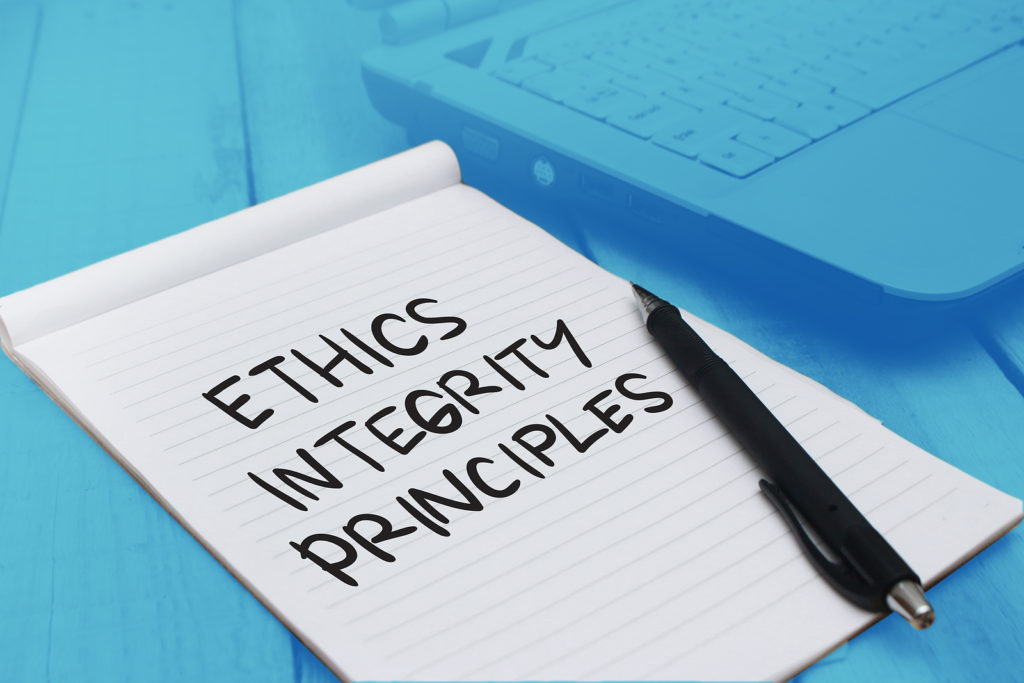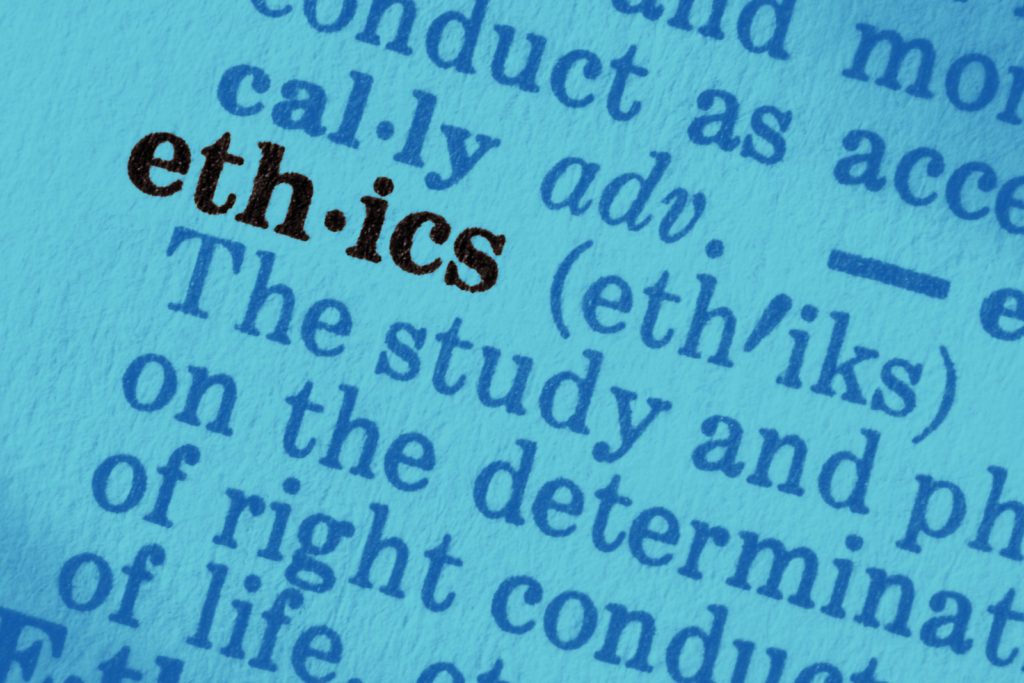Evaluating a Tax Preparer: Understanding Reasonable Tax Positions
One of the many benefits of working with a tax professional is the guidance they provide in developing tax return positions that substantiate why certain income qualifies for tax-exemption or why you are eligible for a certain tax deduction. When tax professionals prepare a tax return, they are typically aiming for the return to be […]
Evaluating a Tax Preparer: Understanding Reasonable Tax Positions Read More »






